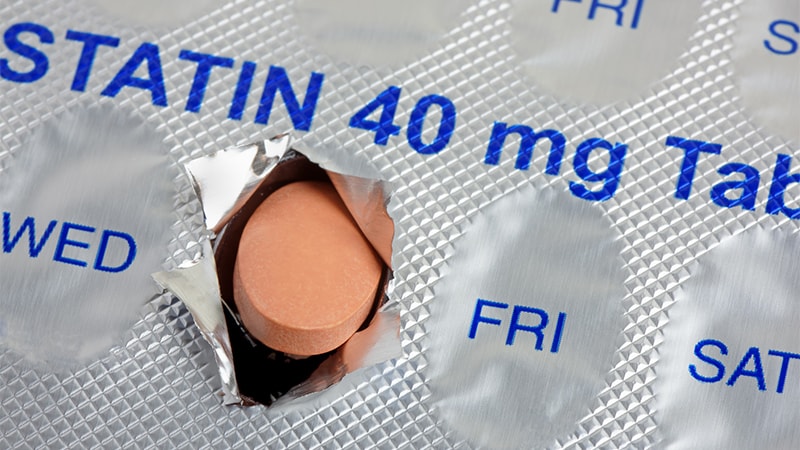If you’re among the 1 billion people on the planet who have migraines, you’ve probably tried almost everything to feel better. You avoid known triggers like chocolate, MSG, red wine, citrus fruit, and aged cheese.
You might even have cut out gluten, a protein mainly found in wheat, barley, and rye. But does skipping sourdough bread help ease your symptoms?
Migraine and Celiac Disease
A lot of patients ask that question, says Lauren Natbony, MD, an assistant clinical professor of neurology specializing in headache medicine at Mount Sinai in New York City.
There’s a clear connection, she says, between migraine and GI disorders — including celiac disease.
“Patients with diagnosed celiac disease who switch to a gluten-free diet tend to have fewer and less severe migraine attacks.”
In celiac disease, gluten triggers the immune system to attack the body, damaging the small intestine. But if you have psoriasis but not celiac disease, skipping glutens won’t help you.
What if You’re Gluten-Sensitive?
Your doctor might call you “gluten-sensitive” if you don’t have celiac disease but still react to gluten. It’s unclear how many people fall in this category.
Natbony says she’s seen a handful of non-celiac patients whose headaches got better after quitting gluten. She adds that these good effects don’t seem to last, and patients can have trouble sticking to the diet.
Still, she says, gluten might trigger gut inflammation that leads to migraines in gluten-sensitive people.
Maria Vazquez-Roque, MD, a gastroenterologist at Mayo Clinic in Jacksonville, FL, says some people who seem gluten-sensitive may actually be sensitive to FODMAPS (short for fermentable oligosaccharides, disaccharides, monosaccharides, and polyols).
These are carbs found in many healthy foods that some people can’t digest, leading to bloating, diarrhea, and headaches. She suggests people with migraine who test negative for celiac disease work with a dietitian to try a low-FODMAP diet for a month or two.
Gluten-Free?
Natbony doesn’t test every migraine patient for celiac disease. She does screen for gluten sensitivity symptoms, like diarrhea, smelly stools, and more-than-normal gas. She usually doesn’t recommend a gluten-free diet to people who don’t need it.
“Gluten-free products tend to be higher in fat, carbohydrates, and sodium, and they can be expensive,” she says.
Plus, it’s hard to avoid gluten completely. It’s not only in obvious foods like bread, pasta, and cake. It lurks in hundreds of products you’d never think of, including soy sauce, canned soup, and salad dressings — even toothpaste.
Still, she says diet changes are an important part of treatment. People can make lots of changes on their own, such as avoiding known food triggers like caffeine, nitrates in cured meat, and aspartame.
Natbony says chasing down headache triggers can be stressful, which in turn can cause migraine, too. Here’s what she suggests:
- Keep a headache diary and a food diary to see if there’s any connection between what you eat and a migraine attack. A food-related migraine can happen right after you eat or up to 48 hours later.
- If there seems to be a link, cut that food out of your diet for about 4 weeks and see if you feel better.
- Slowly add the food back in — not too much at first. If it triggers a migraine or you have more headaches, it’s best to stop eating it completely.
Note: This article have been indexed to our site. We do not claim ownership or copyright of any of the content above. To see the article at original source Click Here













